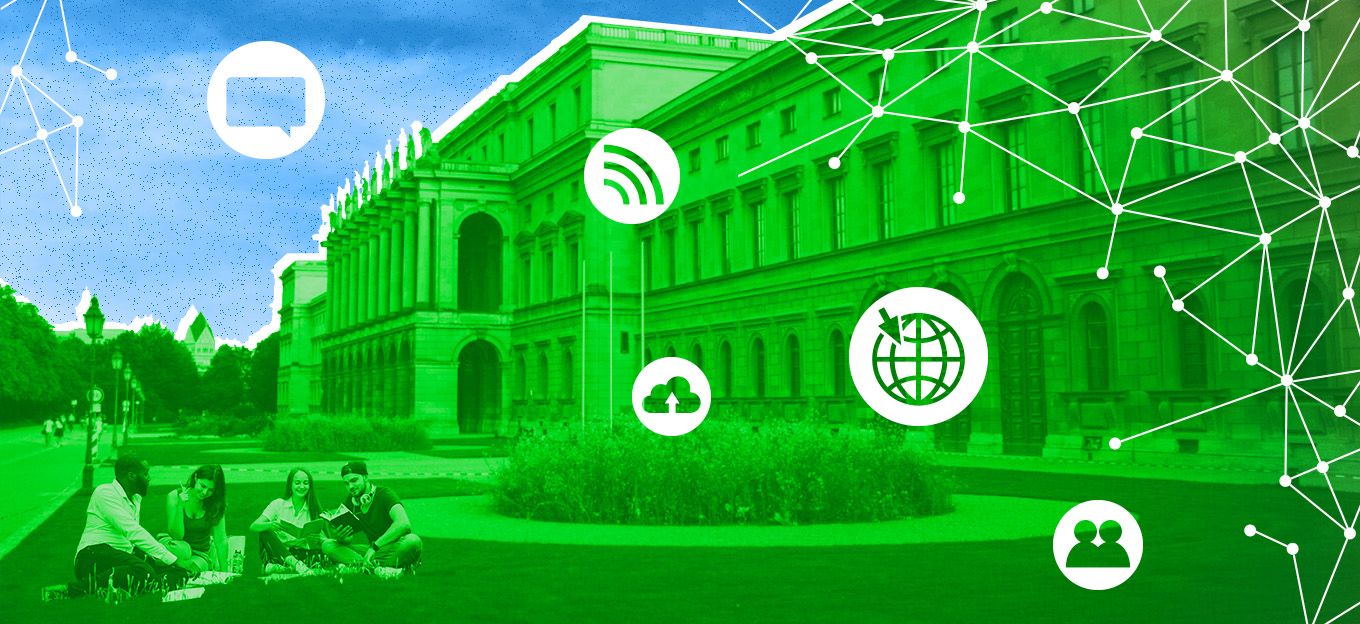How to Find a Mentor in the IoT Industry
How to Find a Mentor in the IoT Industry
- Last Updated: June 23, 2025
Zac Amos
- Last Updated: June 23, 2025



Factory robots, smart locks, and connected traffic lights are already part of daily life, but each new device widens the talent gap. Because the Internet of Things (IoT) fuses hardware, cloud, artificial intelligence (AI,) and cybersecurity, newcomers often face a steep, confusing climb. A mentor who has gone through the pitfalls and delivered real-world products can turn that maze into a guided trail.
Why a Mentor Matters in IoT
Mentoring is not icing on the cake — it's a proven accelerator of innovation and careers:
Stronger support for underrepresented talent: Women and other minorities remain underrepresented in hard-tech roles. Structured mentoring programs bridge confidence gaps, improve retention, and offer role-model visibility by giving new voices a safe sounding board for ideas and career choices.
Quicker skills mastery: IoT engineers must design sensor boards, secure cloud APIs, and parse streaming data. A veteran helps learners focus on the certifications that hiring managers will respect while steering them away from time-wasters. This focused track cuts months off the learning curve and keeps side projects from stalling.
Firsthand crisis playbooks: Firmware zero-days, supply chain delays, and component recalls derail connected products. A mentor who has battled these fires can take shortcuts on sourcing alternatives, staging over-the-air patches, and negotiating security disclosures — knowledge that rarely appears in textbooks or boot camps.
Documented link to executive success: Research shows that three-quarters of executives say mentors helped them get there. This evidence suggests that mentoring has a significant impact on career progression and growth.
Market-influencing insights: McKinsey estimates the IoT could unlock $5.5 trillion to $12.6 trillion in economic value by 2030, though not every domain will grow evenly. Mentors who track standards bodies, regulatory shifts, and venture funding can steer learners toward high-upside niches such as grid-level energy monitoring or medical device security.
A culture of continuous learning: Mentors model lifelong upskilling, whether that means building a weekend LoRaWan gateway or taking an incident-response course. Seeing that example normalizes constant improvement and helps mentees avoid career stagnation.
7 Ways to Find an IoT Mentor
Understanding the value is only the first half of the effort — the steps below turn intent into action.
1. Plan the Destination
Write out three to five measurable goals, such as speaking at a local Maker Faire by December or earning an AWS IoT Developer certification. Clear targets show prospective mentors where they can add value and simplify the path for both parties to track progress.
2. Curate Your Digital Footprint
Update your LinkedIn headline to highlight "aspiring IoT security engineer" and publish weekly micro-posts about personal prototypes. Leave thoughtful comments on leaders' threads. This digital breadcrumb trail signals unique value and could prompt senior professionals to reach out first, lowering the friction of a cold approach.
3. Show Up Where IoT Minds Gather
Consistent attendance at IEEE chapters or online conferences demonstrates commitment. Presence sparks hallway chats, while virtual sessions allow aspiring engineers to ask live questions without incurring travel costs.
4. Offer Reciprocal Value
Testing firmware updates, moderating a project's Discord, or writing early documentation shows respect for a mentor's time. This "give-first" mindset returns mentoring into a partnership instead of a one-way favor.
5. Mine Existing Circles
Former boot camp instructors, internship supervisors, or university professionals already understand your strengths and gaps. Because rapport exists, a single email often leads to a six-month mentoring cadence.
6. Tap Structured Mentorship Platforms
Services like ADPList or MentorCruise allow filtering by time zone, specialty, and price, removing the guesswork from the search. Many mentors on these platforms have portfolios, public reviews, and typical response times, so expectations are transparent from day one.
7. Schedule, Sustain, and Adapt
Agree on logistics upfront — 30-minute monthly calls, quarterly checkpoints, or shared Notion notes. Send bullet updates before each session, so meetings stay on track. As goals evolve, revisit the arrangement. Long-term mentors appreciate mentees who respect calendars and show measurable momentum.
5 Questions to Ask a Potential Mentor
A brief pause before outreach — thoughtful questions signal preparation and prevent mismatched expectations. Asking these frames mentoring as a mutual investment rather than a one-sided ask:
- What would success look like six months from now?
- Which early skills gave you the most significant return in your IoT career?
- What project misstep would you warn newcomers to avoid?
- How do you stay current on security patches for connected devices?
- How can I contribute to making our sessions beneficial to you as well?
Mentors amplify existing effort — they cannot replace it. Many IoT security specialists begin with either a computer science degree or an intensive cyber boot camp, then reinforce their theoretical knowledge through internships or bug-bounty challenges. Around 80% of vulnerability hunters are self-taught, proving discipline and curiosity are powerful teachers.
The Power of a Digital Footprint
Mentors often vet mentees online before committing time. A polished LinkedIn profile, small portfolio site, and active GitHub repo reveal breadth and show that a candidate produces tangible work, not just plans. Such visibility also pulls in recruiters and collaborators beyond the original mentoring goal.
A single senior voice can turn scattered ideas into a clear roadmap. By setting goals, showing up, and giving back, newcomers plant seeds of guidance that grow into strong professional forests that will shelter the next generation of IoT innovators.
The Most Comprehensive IoT Newsletter for Enterprises
Showcasing the highest-quality content, resources, news, and insights from the world of the Internet of Things. Subscribe to remain informed and up-to-date.
New Podcast Episode

The State of Cybersecurity in IoT
Related Articles




